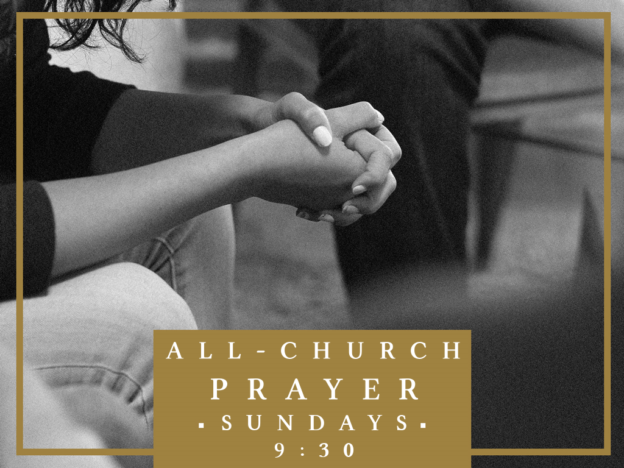Another shooting. A dozen more people killed by bullets. Another argument about gun control and gun rights. Undoubtedly, the words, “our prayers are with the victims and their families,” will be spoken by people of deep faith … as well as by others who never pray yet somehow believe that the promise of prayer is a comfort to those facing deep loss.
I’ve been troubled by the rise in gun violence in our nation, yet have felt at a loss as to any semblance of a solution. I believe in gun rights – and that they ought to be limited. I believe in gun control – and that it, too, ought to be limited. And I believe in confidentiality—between doctor and patient, lawyer and client, clergy and parishioner—and that limits there are necessary.
The challenge is that those three values—gun rights, gun control, and confidentiality—cause us to argue, even when most reasonable people would agree on one goal: we need to reduce gun violence.
There’s something else I believe in: prayer. And not simply as comfort, but as real and powerful … a mountain-moving force.
Or do I? Do I really believe that prayer can not only move mountains, but can move the God who created those mountains? Because if I did believe that, wouldn’t I pray for God to do something about gun violence … before it happens? Wouldn’t I pray for God to somehow help us figure out a way to balance those three conflicting values of gun rights, gun control, and confidentiality? We certainly haven’t figured it out (not that we’ve really tried; we’ve only argued that one outweighs the others).
I was convicted today that I don’t pray enough—or rightly—about these things.
Praying for victims and their families is still good and necessary, but that prayer comes too late. There is a better prayer, a prior prayer: that God would lead our nation to the hard work of solutions, until prayers for victims are no longer needed.


 Two or three times a week, I volunteer in our church office and type up the prayer requests from our weekend services. During that hour or so, I get a glimpse into the deepest, most vulnerable spaces in the hearts of men and women, young and old. I read of great joys – the birth of a baby, a son’s turning to Christ, a new job; and I feel the depths of despair – a miscarriage, a child diagnosed with cancer, a death too young.
Two or three times a week, I volunteer in our church office and type up the prayer requests from our weekend services. During that hour or so, I get a glimpse into the deepest, most vulnerable spaces in the hearts of men and women, young and old. I read of great joys – the birth of a baby, a son’s turning to Christ, a new job; and I feel the depths of despair – a miscarriage, a child diagnosed with cancer, a death too young.